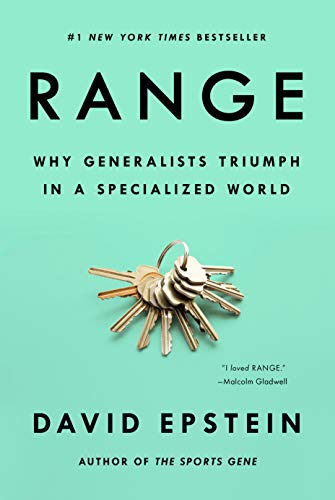Ultralearning: Master Hard Skills, Outsmart the Competition, and Accelerate Your Career
Scott Youngamazon.com
Ultralearning: Master Hard Skills, Outsmart the Competition, and Accelerate Your Career




(Journalist) David Epstein • 28 highlights
amazon.com


RP and added

